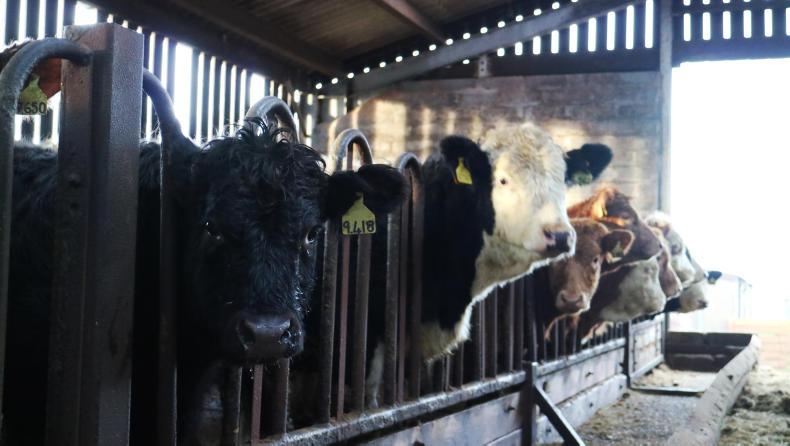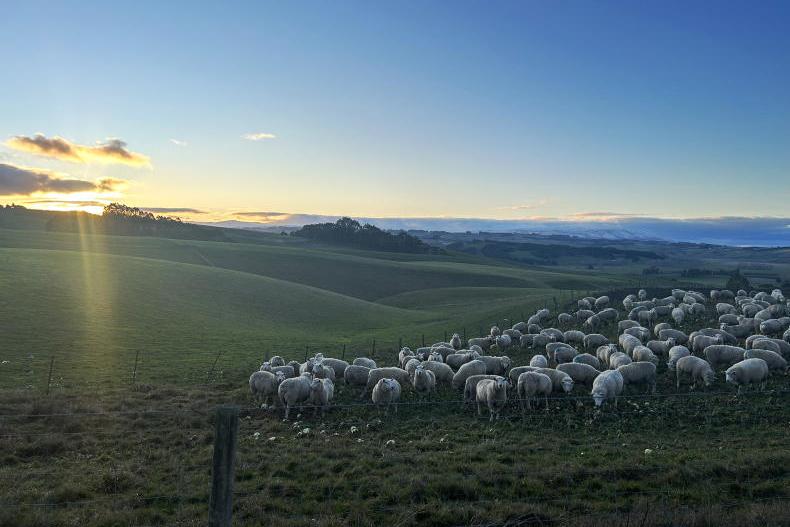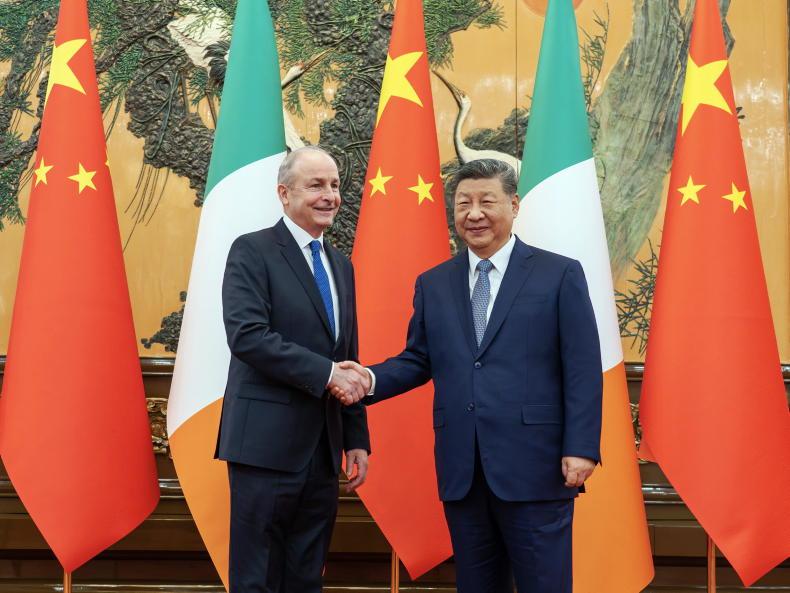News that tackling African Swine Fever is cutting China’s sow herd by 19% on the year could have a wide impact across the globe.
Wholesale prices spiked 13% in the first half of March as Chinese imports surged. Due to US/Chinese pigment tariffs, Germany is well placed to benefit and the EU market is likely to tighten as the year progresses.
German prices have gone from €1.45/kg to €1.60/kg during March.
It is difficult to gauge how much of a substitution effect there will be but a significant one is possible
The question remains how much will a rising pork price impact other proteins. Pork remains significantly cheaper than beef and sheepmeat in China – the wholesale price is around one-third of the level of both beef and lamb.
It is difficult to gauge how much of a substitution effect there will be but a significant one is possible, even if down to a basic lack of supply of pork rather than its relative cost.
Sheep compensation
Last week, when I was quizzing George Eustace’s replacement Defra under-secretary Robert Goodwell MP, he let slip that he thought compensation for the sheep sector in a no-deal scenario would be less than £150m.
The Government is not keen that these figures come to the public domain and there isn’t any information on how the cash would be spent.
If the industry got £130m to counteract high EU tariffs on sheep meat imports, it would equate to around £10/ewe or lamb if paid on flat rate across the UK sector.
Thankfully no-deal appears to be becoming less likely as Brexit drags on, but with so little certainty we can’t get complacent.
BSE good news
The investigation into the BSE case last year up at Huntly has confirmed it was an isolated incident and Scotland’s BSE controls are robust.










SHARING OPTIONS